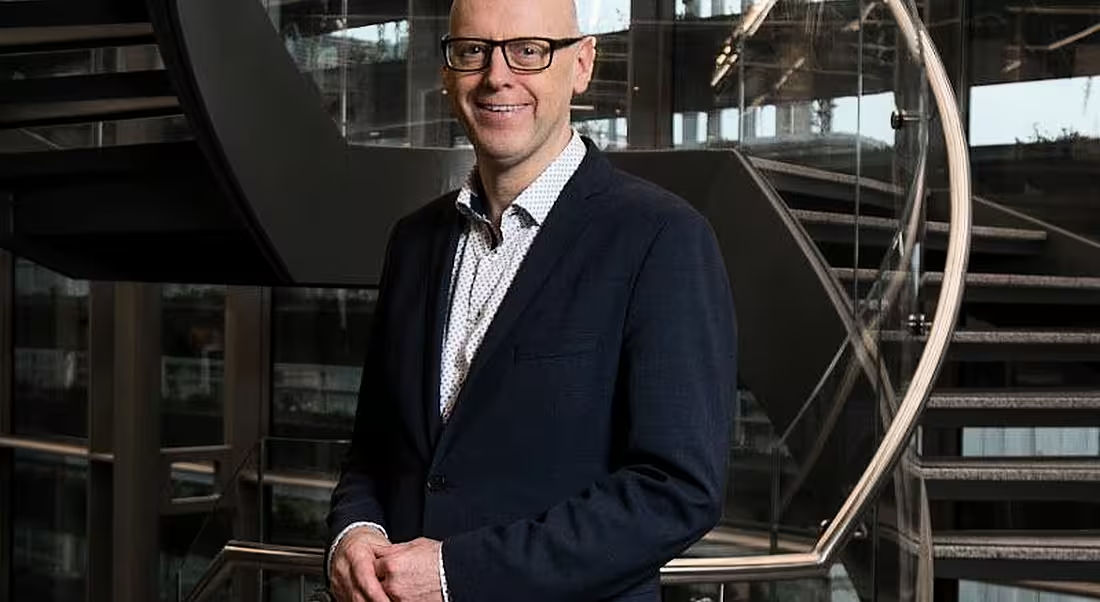After a year of stark changes to the working world, dean of Trinity Business School Andrew Burke believes it’s time the gig economy had its own transformation.
The gig economy has been growing steadily for years, but as we move into a new era of what the future of work will be, an evolution could take place that will change how exactly the gig economy works.
Speaking at the virtual Future Human conference this year, Trinity Business School dean Prof Andrew Burke said the so-called project economy has been growing among high-skilled freelancers and has even overtaken the gig economy.
“Despite all the media attention that the gig economy gets, the project economy actually is much, much bigger,” he said.
Burke also pointed out this type of project-based freelance work adds significant value to companies, which makes these freelancers more attractive.
While the gig economy is considered more input-based, Burke said the project economy is much more output-based. This means that companies can hire more specialised skills for a set amount of time or for a set project instead of taking on full-time staff.
However, a crucial point Burke made is that the project economy enables companies to manage risk as they scale up, while also protecting the employees they already have.
“If the company isn’t actually certain that that growth in business is going to continue or that higher level of activities is going to continue, then they understandably will be worried about taking on new projects simply because if the volume of business drops then they could be left with a whole bunch of employees on the payroll and not enough income to actually pay them,” he said.
Using the freelance model of the project economy means businesses can treat the uncertain growth period as a series of projects for which they can hire freelancers. If those projects turn out to be more sustainable, the freelancers can then be replaced by permanent employees.
“In fact those employees, their jobs wouldn’t exist without the freelancers because the company they work for would find the risk too high to grow. In a sense, it breaks some of the myth that people often view that freelancers actually take away the jobs of employees,” he said.
“They do in the gig economy, in particular the low-skill sector, but in the project economy and a lot of the areas in which freelancers add value, [it] actually creates employment.”
While the project economy has been growing for some time, Burke said Covid-19 has amplified the need for this way of working and has “reduced some of the scepticism and fears” around using freelancers.
“Companies were always a bit sceptical about having freelance workers who worked remotely, about freelance workers [where] they couldn’t monitor their activity on an input basis and had to trust them to deliver on an output basis,” he said.
“There will be a much higher proportion of remote working in the post-Covid-19 environment than in the pre-Covid-19 environment and as a result, that will actually enhance the level of freelance activity because that type of work is very conducive in terms of freelancers.
“I think what we can see in terms of the future of work is that in the high-skill sector, freelance work and project-based management are not just here to stay but will drive into the future.”




